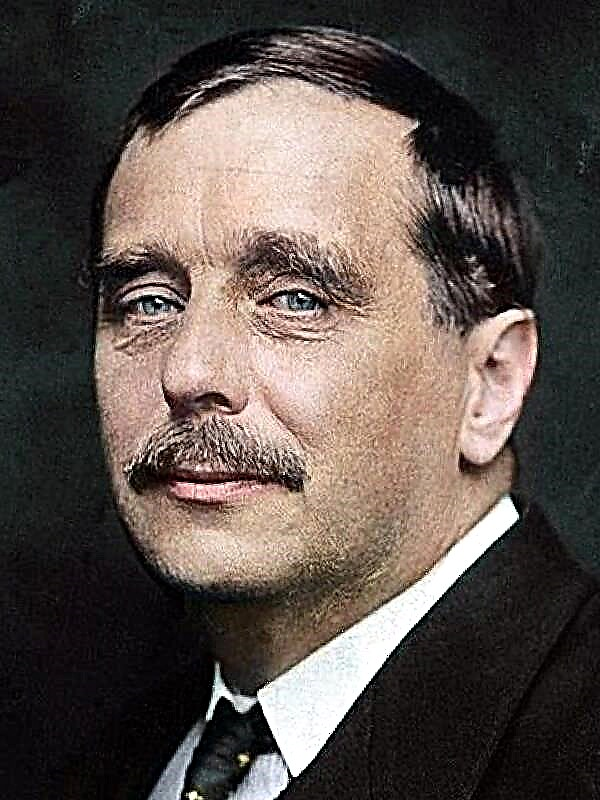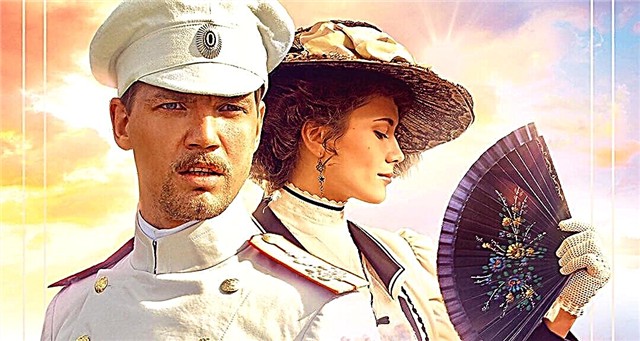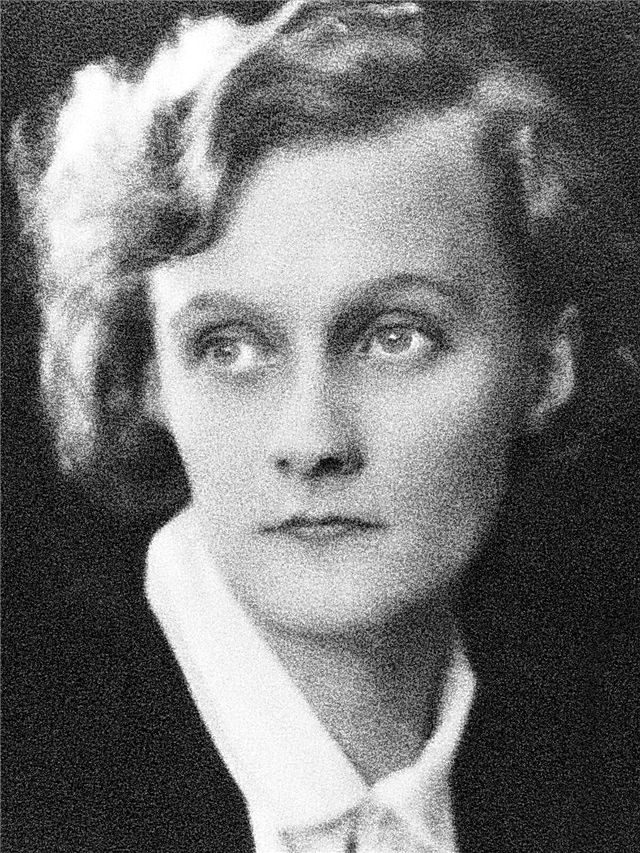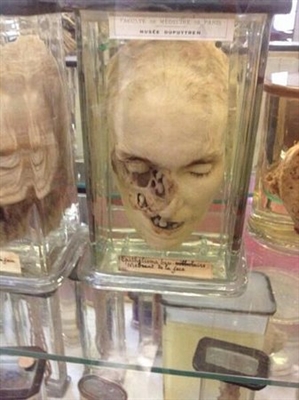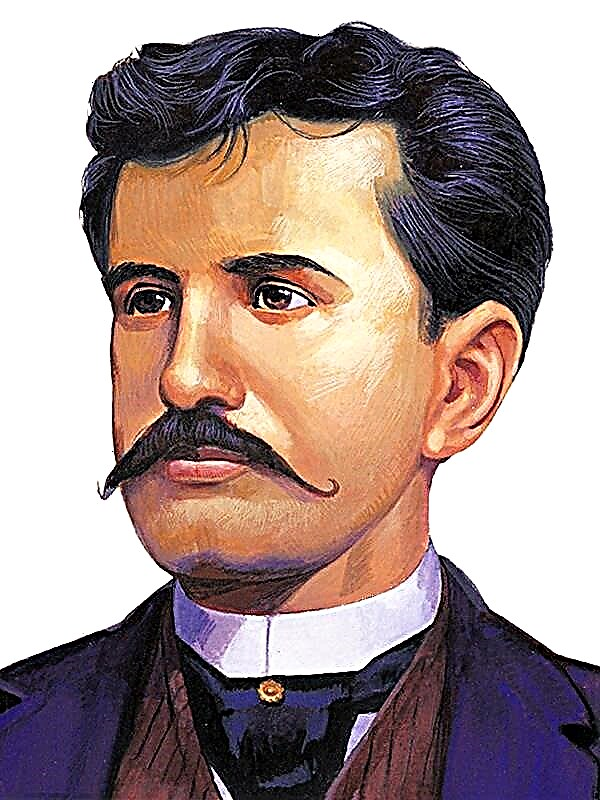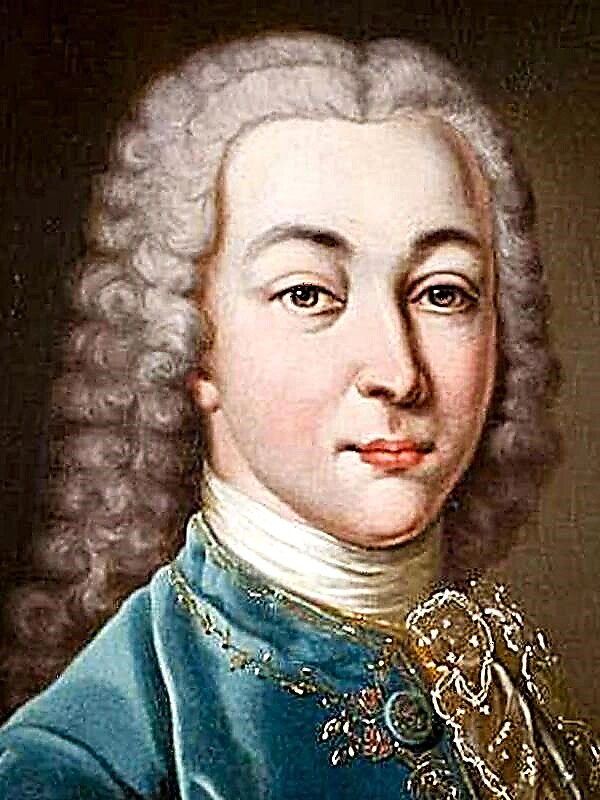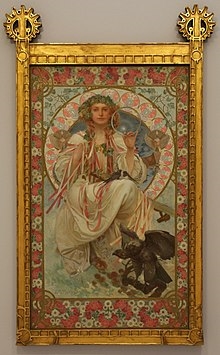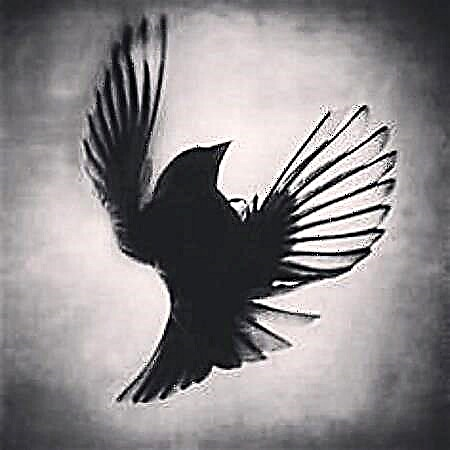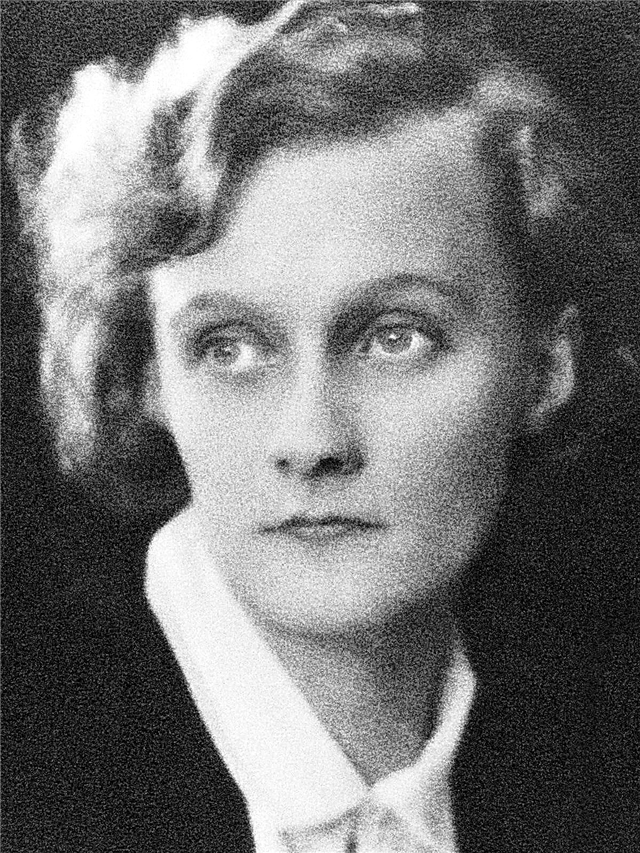The comedy Mir, like The Riders, Lysistratus, and Acharnians, is Aristophanes' protest against the protracted Peloponnesian War. The play voiced the names of the main, according to the author, perpetrators of the bloodshed: Hyperbol - the son of a lampman, a demagogue who took power in the council; Cleon is a demagogue, a radical democrat, previously exposed by Aristophanes in the comedy Riders (one of the slaves in The World indicates that the dung beetle is a hint of Cleon).
The power of the Olympic gods fades against the background of activity and self-confidence in one person.
The comedy begins with the roll call of two slaves, feeding a huge dung-beetle with flat cakes of "raw materials" and turning to the audience indignantly: the cattle stink so that you want to get a nose that does not know how to smell! It turns out that the beetle was led by an infuriated owner - Trigay, who, cursing the gods for creating constant wars on earth, decides to climb into heaven and talk with immortals about the establishment of peace. The first attempt to climb the stairs was unsuccessful - fell, bruised his head.
And Trigay saddles the Pegasus beetle, recalling that, according to the fables of Aesop, only one beetle once managed to reach heaven. The tearful persuasion of the daughters cannot stop the “peacemaker”.
The flight is comically depicted: Trigay now and then screams at the bug to turn away from the "smells of the need", forbids people to leave the "need" uncovered - "and plant a thyme of a flowering bush."
Arriving on Olympus, Trigay meets Hermes (the guardian of divine utensils), who first threatens him in every way, but when he learns that Trigay seems to have brought him "beef," he replaces anger with mercy. Hermes says that Zeus and the other gods retired to the edge of heaven, as they were tired of the eternal thirst for war among the Greeks. The gods will make peace a little, and the Dacons, Athenians, Spartans - know yourself - are looking for reasons for the conflict.
The goddess of peace - Irina - the treacherous Polemos (the patron saint of war) was cast into the cave, and blocked the entrance to it with a stone.
Polemos himself took out a huge mortar, in which he was going to crush all the warring countries into dust, but, fortunately, he could not find a suitable pusher.
Seeing this, Trigay urges all the people - artisans, plowmen, settlers - to unite and liberate Irina. But, having gathered, the people begin unbridled dancing, screams, comedy dances, dreaming of wonderful peaceful days. Trigay, convinced that he is too happy, cannot stop the fun.
Hermes reappears, promises death to Trigay, for Zeus had prepared such a fate for someone who would try to free Irina. Trigay jokes, asks for a treat before his death, calls for help from the choir and says that “Luna-Selena and the swindler Helios” - they are worshiped by barbarians - are plotting against the gods. Trigay promises festivities in honor of Hermes and gives him a golden jug.
With the help of a jug, libations and invocation of the gods are performed (except for Ares, the god of war). Those who crave war are wished for terrible fate. So, having "dulled" God, Trigay enlisted his support.
All Cities lean on a rope and try to budge the stone that covers the cave, but it doesn’t work out - they pull it wrong, in different directions, laugh, swear. Desperate, Trigay disperses the Cities, leaving only a chorus of farmers. Farmers together move the stone and free the goddesses of the World, Harvest and Fair.
The goddesses are praised for their “peaceful attributes” - the bleating of sheep, ivy loins, songs of flutists and other joys. Cities begin to talk. Gunsmiths tear their hair, peaceful crafts - rejoice.
Trigay and the choir urge people to give up arms and go to work in the field, to work for past pleasures - wonderful wine, raisins, prunes.
Hermes says that the culprits of the long imprisonment of Irina were Phidias and Pericles, who started the war.
This is followed by a conversation between Irina and the townspeople: about the foundling of Cleon — a coward, a “tanner,” a supporter of the feud, about Hyperbole, who forcibly took possession of the podium in the meeting, about Sophocles, who was ready for anything for profit, about the sage Kratin, who died at the time of the Spartans' raid.
Trigay exclaims that the Greeks will never part with the goddess of Peace.
Hermes gives the hero a harvest for glorious deeds (after the slave jokes: “I will not give half for the gods now: / They, as we are here, have become pimps”).
Hermes orders the fair to take to the meeting - there it has its rightful place.
However, about to descend, Trigay does not find a bug - it was taken by Zeus and harnessed to the chariot, dragging lightning. Trigay descends to earth with the help of the goddesses, warmly saying goodbye to Hermes.
Next - parabass (appeal to the audience). In it, Aristophanes “camouflaged” praises himself, believing that he managed to surpass those poets who laugh at the “dirty rags”, portray slaves being beaten and stupid jokes of other slaves about this. Glory is given to the Muses, bad tragedy poets (Morsim, Melanphy, etc.) are humiliated.
Trigay returns to the ground, pretty tired - knees ache from the road.
A slave washes the harvest and prepares a wedding feast. Seeing the Fair, he exclaims: "Not her ass, but a festive procession!" - Trigay, in every possible way praising the merits of the Fair (“Look what kind of sweetness is awarded to you: / Only a little is worth spreading the legs / For the victims, the place will open slightly. / And here, look, the kitchen”) gives it to the council.
Further, Trigay, who is pleased with himself - the deliverer of the peoples, the conqueror of Hyperbole - is praised, they promise to honor him first after the gods.
Joyful Trigay arranges a sacrifice in honor of Irina, saying that for ten years and three years the Greeks could not cling to Peace, asks the goddess to arrange a market where all peoples peacefully meet. The cow is not slaughtered on the altar - Irina does not tolerate bloodshed. A slave takes part of the carcass out of the house.
Hierocles, a fortuneteller from Oreus, suddenly appears. Trigay and his slaves pretend not to notice the newcomer. Hierocles reports that it is too early to make peace, that it’s impossible, “you can never make a hedgehog soft” - the war will continue. However, Trigay rejects all the exhortations of Hierocles, believing in the power of Irina, forbids him to taste roast and wine, to which the seer reacts comically - he strives to grab a piece of fried meat by force. Accused of theft and gluttony, the unfortunate fortuneteller escapes from the slaves chasing him.
Again, the glory of a peaceful life is given back. Trigay arranges a luxurious wedding, accepting gifts from a blacksmith, a potter, thanking him for peace and for the opportunity to develop trade.
The arms dealer, on the contrary, accuses Trigay of ruin, but the hero buys sultans from his helmets from him, promises to sweep the rubbish from the table with them. Trigay offers different weapons to turn into household items (shell - in a chair).
Trigay also weans his son Lamah from war songs, but, having failed to overcome the boy's disgusting habit of singing feuds, drives him away. The son of Cleonim with a song about a shield thrown on the field (in fact, a description of the cowardice of his father, Cleon), the hero leads into the house.
The comedy ends with a fun wedding procession and songs for the glory of Hellas. Actors leave the stage.

